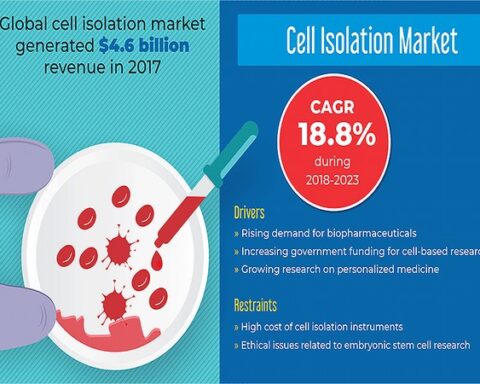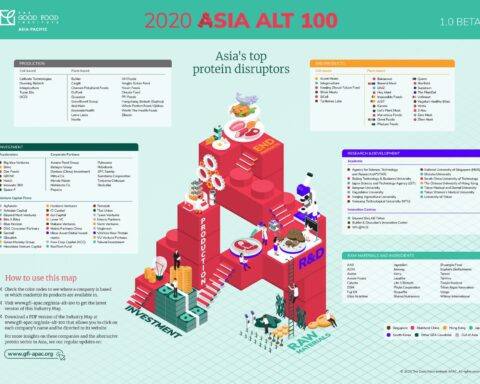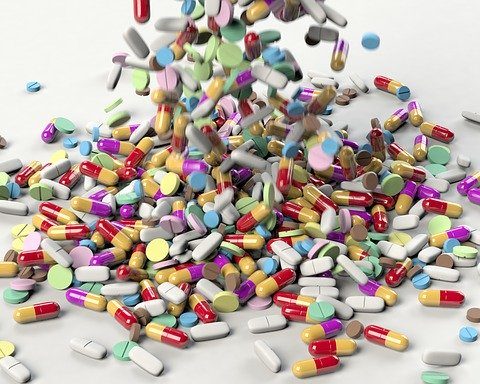According to a report, the global atherosclerosis drugs market was valued at ~US$ 45.7 Bn in2018, and is expected to expand at a CAGR of2.5% during the forecast period of 2019 to 2027.
Atherosclerosis is one of the major causes of cardiovascular diseases, and some causative comorbidities associated with it are obesity, diabetes, overweight, unhealthy diet, high blood pressure, and elevated levels of cholesterol. Various drugs, such as statins, are the first line treatment for atherosclerosis. Apart from this, fibrates, calcium channel blockers, beta blockers, angiotensin converting enzyme inhibitors, and diuretics are also used for atherosclerosis treatment. Moreover, PCSK 9 is the new therapy for coronary atherosclerosis plaque formation. Atherosclerosis is also associated with vascular diseases.
In terms of drug class, the cholesterol lowering medications segment held a major share of the global atherosclerosis drugs market in 2018. This segment is likely to maintain its dominance during the forecast period, owing to the increase in use of statins for the treatment of atherosclerosis. The cholesterol lowering medications segment is anticipated to grow at a rapid pace during the forecast period, due to the introduction of new therapy drugs such as PCSK 9 inhibitors. The fibric acid and omega-3 fatty acid derivatives segment held a significant share of the atherosclerosis drugs market, and is likely to expand at a moderate CAGR between 2019 and2027. The expansion of this segment can be attributed to the rise in the prevalence of cardiovascular events such as stroke, heart failure, etc.
Based on distribution channel, the hospital pharmacies segment accounted for a major share of the atherosclerosis drugs market. This segment is projected to grow at a moderate CAGR during the forecast period. The growth of this segment can be attributed to the rise in awareness about cardiovascular treatment, and usage of novel drugs by physicians and patients. The online pharmacies segment held a significant share of the global atherosclerosis drugs market, and is anticipated to grow at a moderate CAGR during the forecast period. Rise in patient preference for online channels due to high adoption of e-Commerce is anticipated to drive the online pharmacies segment.
Global Atherosclerosis Drugs Market: Prominent Regions
North America held a major share of the global atherosclerosis drugs market in 2018. It is primarily driven by factors such as presence of key market players, highly structured healthcare industry, and key developments by market players, such as product launch approvals, key mergers, and acquisitions. For instance, in October 2018, Johnson & Johnson received approval from the U. S. Food and Drug Administration for INVOKANA, to reduce cardiovascular events such as heart attacks and stroke. This product approval enabled the company to strengthen its portfolio in the U.S. InDecember 2017, Amgen Inc. received approval from the U.S. Food and Drug Administration for REPATHA. This product approval enabled the company to enhance its product portfolio in the U.S. Moreover, high awareness of cardiovascular diseases among people is leading to the adoption of new therapies for atherosclerosis. This factor is anticipated to drive the atherosclerosis drugs market in the region.
Europe held the second-largest share in the global atherosclerosis drugs market in 2018. The growth of the atherosclerosis drugs market in the region can be attributed to the increase in the prevalence of cardiovascular diseases and strategic developments by key players. For instance, according to the European Cardiovascular Disease Statistics, in Europe, approximately 19% men and20% women died of ischemic heart diseases in 2017. In May 2018, Amgen, Inc. received approval of the European Commission for REPATHA. This approval enabled the company to widen its product portfolio in Europe.
Asia Pacific accounted for a significant share of the global atherosclerosis drugs market in 2018, and this market in the region is expected to grow at rapid pace during the forecast period. Increase in the number of people suffering from cardiovascular diseases, product approvals, and rise in awareness about cardiovascular diseases are factors anticipated to fuel the growth of the atherosclerosis drugs market in the region. For instance, in January 2019, Amgen Inc. received the National Medical Products Administration (NMPA) approval for REPATHA in China. This product approval is expected to enable the company to enhance its product portfolio and strengthen its market position in China. According to an article published in Circulation Journal, atherosclerosis is common among the Japanese population, and is one of the leading causes of death, reflecting high stroke mortality.
Global Atherosclerosis Drugs Market: Key Players
Key players are expanding their footprint to strengthen their position in the global atherosclerosis drugs market. Increase in the number of patient population and development of new effective treatments for atherosclerosis offer lucrative opportunities to key players to increase their share in the atherosclerosis drugs market. Manufacturers are engaging in new product development, collaborations, and distribution. For instance, in October 2019, Bayer HealthCare, a subgroup of Bayer AG, received approval for Adempas from the U.S. Food and Drug Administration. In May 2019, Pfizer, Inc. received U.S. FDA approval for VYNDAQEL. It reduces cardiovascular mortality and cardiovascular-related hospitalization. In January 2017, Johnson & Johnson acquired Actelion Ltd. This acquisition enabled the company to enhance its cardiovascular and metabolic therapeutic segments.
Prominent players operating in the global atherosclerosis drugs market are GlaxoSmithKline Plc, Sanofi, F. Hoffmann-La Roche Ltd, Bayer AG, Novartis AG, Merck & Co., Inc. (Merck Sharp & Dohme Corp), Janssen Pharmaceuticals, Inc. (Johnson & Johnson), Mylan N.V., Amgen Inc. and Pfizer, Inc.








